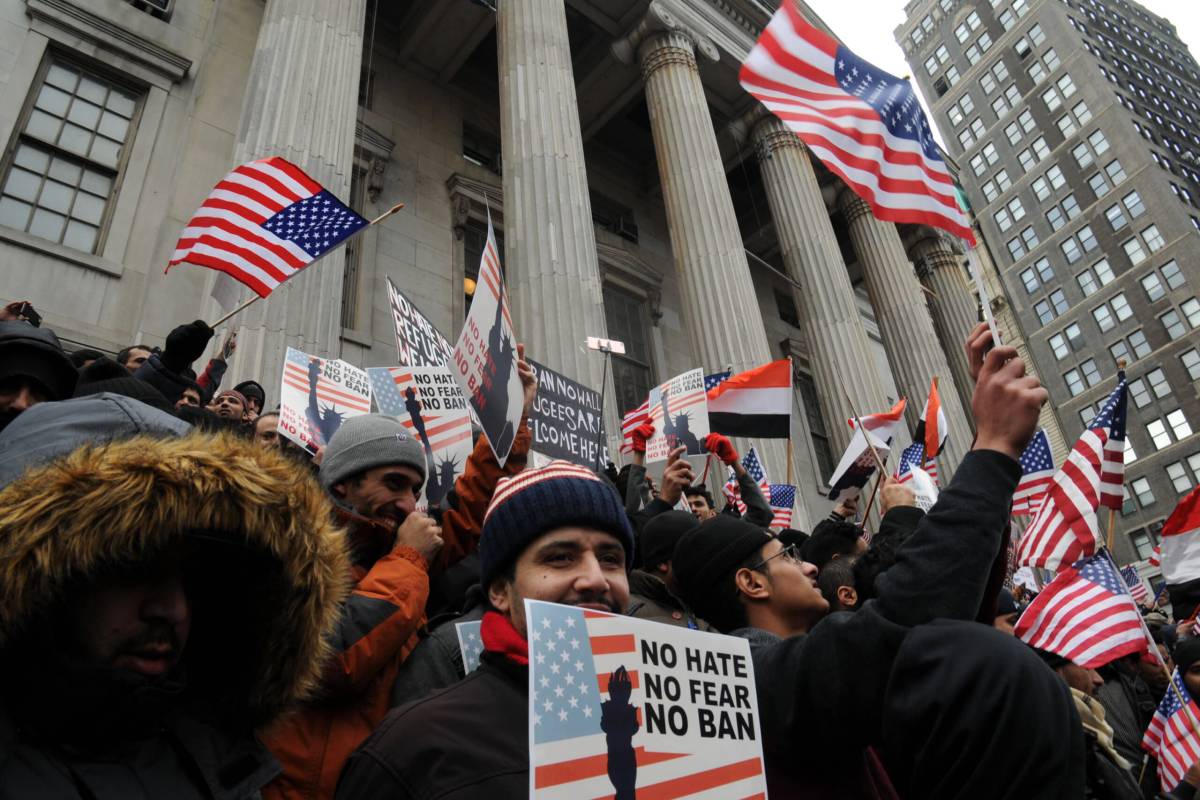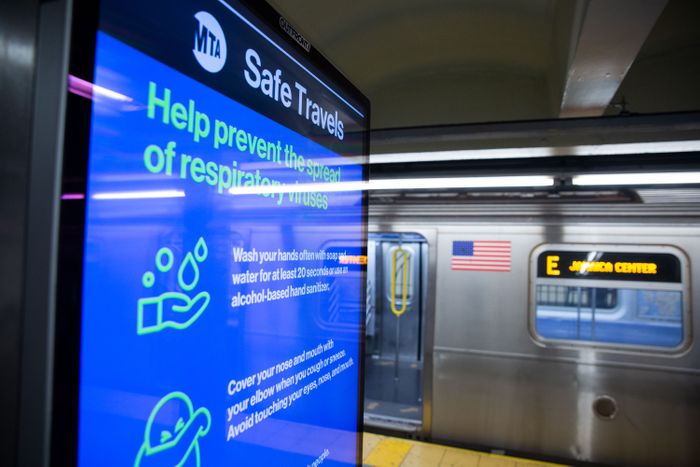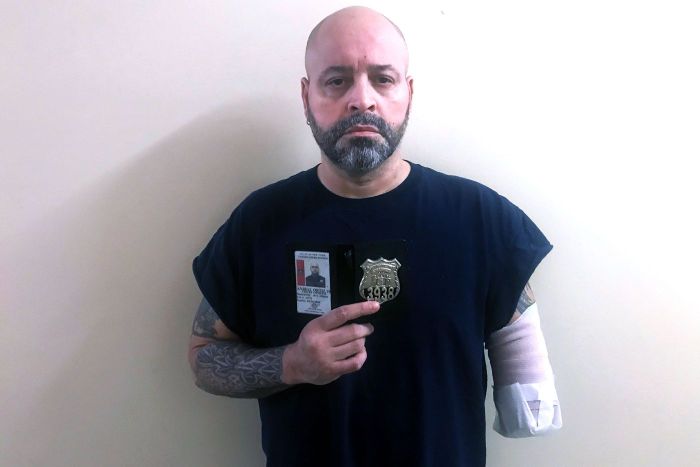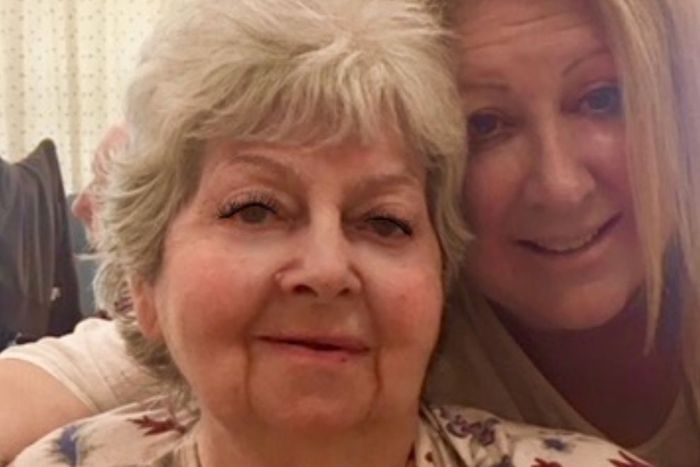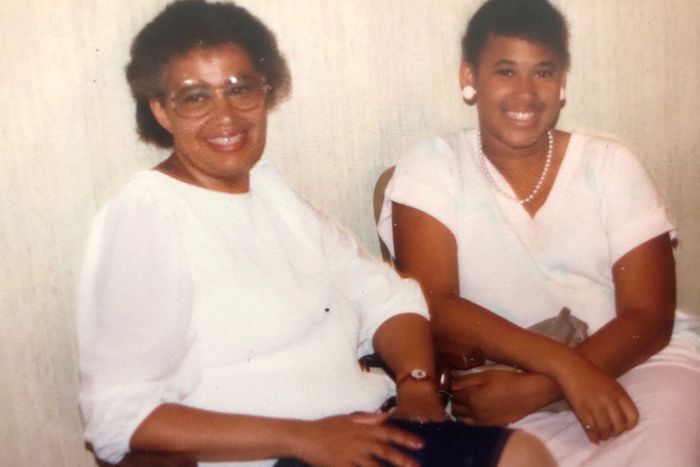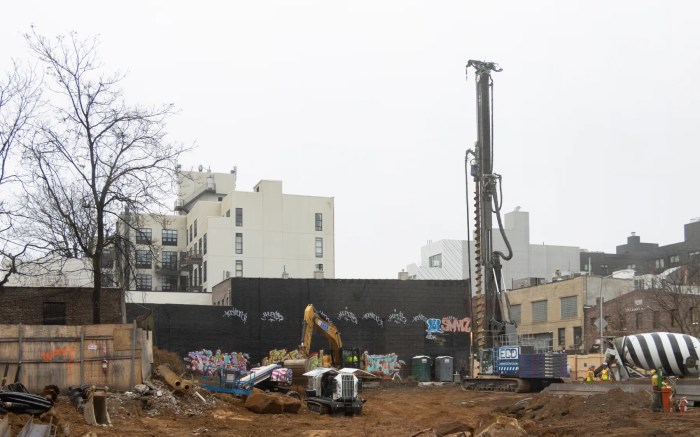This article was originally published on by THE CITY
The weeks and months after Sept. 11, 2001, were marked by a profound sense of both loss and unity, as much of the city banded together in an emotional response to the attacks on the World Trade Center.
But for many Muslim, Middle Eastern and South Asian New Yorkers, those emotions led to new reasons to be afraid: Children were harassed on their way to school and taunted as “terrorists;” immigration crackdowns tore apart communities like Little Pakistan in Brooklyn; and an NYPD surveillance program spied on innocent people in New York and beyond for more than a decade.
“There’s a lot of trauma,” associated with the Islamophobic backlash, said 30-year-old Shahana Hanif of Brooklyn, a daughter of Bangladeshi immigrants who is poised to become the first Muslim woman elected to the City Council.
But what shines through 20 years later is the organizing within the city’s Muslim communities that the era fostered. Grassroots groups serving heavily Muslim and South Asian communities, like the Taxi Workers Alliance, Desis Rising Up and Moving and South Asian Youth Action, were all created or expanded in the post-9/11 era.
And this year, more Muslims ran for local office in New York City than ever before.
“We cultivated these spaces after being targeted, surveilled,” Hanif said. “It’s a victory in our organizing in the last two decades.”
Ruining Trust
The NYPD’s surveillance of Muslim communities was revealed by a 2011 Pulitzer Prize-winning Associated Press investigation that noted the department’s spying, under former Mayor Mike Bloomberg’s leadership, extended from the city into the tri-state area.
The sprawling program targeted people based on a broad set of alleged “key indicators” of violence, which included country of origin, enrollment in religious school, mosque attendance, and even hanging out in ethnic coffee shops and restaurants, The AP found. Cops reportedly went undercover as Islamic converts and hired informants to spy on their neighbors.
A spokesperson for the NYPD did not immediately respond to THE CITY’s request for comment.
Long before the scope of the surveillance was exposed by the press, residents of neighborhoods being spied on had suspected something was up, according to multiple people who spoke with THE CITY. They cited everything from odd interactions with law enforcement to generally suspicious activity by others in the community.
“What we thought of in an abstract way suddenly became very concrete,” said Asad Dandia, 28, who charged he was spied on as a teenager in Brooklyn and later joined a class-action lawsuit against the NYPD.
 Ben Fractenberg/THE CITY
Ben Fractenberg/THE CITYIn March 2012, Dandia said he got a Facebook message from someone who wanted to join Muslims Giving Back, the charity group that he co-founded as a student at CUNY’s Brooklyn College.
That person became a close friend, even dining with Dandia’s family at their Brighton Beach home. By the fall, he said, the young man confessed he was an NYPD informant.
“The community was rattled,” said Dandia. “All of us were thinking, ‘What are the ramifications of this?’”
Dandia’s group wasn’t the only one targeted: Desis Rising Up and Moving, an advocacy group for those in the Indian diaspora, was also infiltrated by NYPD informants around that time, according to Fahd Ahmed, DRUM’s executive director.
“The social fabric of our community got damaged,” said Ahmed, who noted that many Sikhs, followers of a religion that has nothing to do with Islam, became targets of harassment because of their turbans.
Dandia went on to join one of two landmark lawsuits against the NYPD the following year, Raza v. City of New York, which triggered reforms to protect against discriminatory surveillance in a 2017 settlement. The other lawsuit, Hassan v. City of New York, was settled in 2018.
Although the court’s decision was considered a victory by many, it did little to comfort others whose trust in law enforcement and local government became deeply eroded.
Inspired to Defend
The fallout of the surveillance program could be seen a turning point for many in the Muslim and South Asian communities, and the moment that galvanized neighbors to organize and become more civically engaged.
A decade after the extent of the surveillance was first revealed, a groundswell of young Muslims sought local public office.
Among them was Tahanie Aboushi, a civil rights attorney who was raised in Brooklyn and Staten Island. Earlier this year, she campaigned to succeed embattled Manhattan District Attorney Cy Vance Jr., running on a decarceration platform.
She earned endorsements from progressive stalwarts like U.S. Sen. Bernie Sanders (I-Vt.), and Reps. Jamaal Bowman (D-N.Y.) and Rashida Tlaib (D-Mich.), but finished a distant third in the June Democratic primary.
 Rachel Holliday Smith/THE CITY
Rachel Holliday Smith/THE CITYHanif, meanwhile, is expected to cruise to election in November after winning the primary for the Brooklyn seat currently occupied by her boss, Councilmember Brad Lander, who is now the Democratic nominee for comptroller.
For Hanif, being a child on 9/11 and during its aftermath offered no shelter from Islamophobia: She recalls being called a “terrorist” by strangers on her way to her mosque, and how she stopped wearing her hijab in public.
The harassment became so overwhelming that she and her cousins, then ages 10 and 11, penned a letter to then-President George W. Bush urging him to act.
“My politicizing is a direct result of being raised in that climate,” she said.
Aboushi, who was a high-schooler in 2001, said the experience also formed her.
“You remember all of it because it completely consumed your life,” she said in an interview. “Whether you were going to the grocery store or playing in the park, or walking through the hallways of your school, you were constantly the subject of that hate and anger and frustration and ignorance.”
She said the experience contributed to her desire to become an attorney “and speak for those that might be afraid to speak up, and to make sure that our rights are protected.”
“We had to learn, at least for me, how to advocate for myself, but advocate for others in the community, protect our rights and to be aware of what was going on,” added Aboushi, who runs a civil-rights law firm with her siblings.
A Community Group Grows
Before September, 2001, Mohammad Razvi and his family operated several successful businesses on Coney Island Avenue in the part of Midwood known as Little Pakistan. He owned a 99-cent store, a real estate company and a restaurant. His father had pizzerias and a grocery store that dated back to the 1980s.
After the 9/11 attacks, Razvi told THE CITY, he knew he needed to help Muslim families facing harassment, discrimination and deportation.
In Feb. 2002, he formed a nonprofit organization, aiming to provide support to the community for maybe six months. But nearly two decades later, Razvi’s nonprofit, the Council of Peoples Organization, is going strong.
“What was a 1,000-square-foot office space is now currently about 25,000-square-foot office space. And what was run by volunteers now has about 50 employees and 60 volunteers,” Razvi said.
In 2010, COPO started hosting Muslim Youth Career Day, bringing together several city, state and federal law enforcement agencies.
“The best thing was for the youth, the way they ask those questions, very, very direct, you know, ‘Why did you knock on the door and pick up my uncle?’” he said
As a result of the program, many Muslims have joined law enforcement, Razvi said.
‘Hesitation and Distrust’
Yet while positive civic engagement in these communities grew after 9/11, so did feelings of isolation — and the anxiety that any political conversation or interaction with a stranger could make you a target.
“There still is a hesitation and distrust to be in places of worship and community centers, to continue as we were,” observed Aboushi.
Added Ahmed, who leads DRUM: “The ways we engage with each other, so much of that got shattered because we don’t know who’s listening and we don’t know who’s watching.”
“Part of the enduring legacy is that these really horrifying practices were hastily put together based on a lot of hatred and innuendo on what it means to be Muslim American,” Scott Simpson of Muslim Advocates, a Washington-based civil rights group, said in an interview with THE CITY last year.
“This is going to continue to haunt us for a long time,” he added.
During his short-lived run for president last year, Bloomberg doubled down on the program, declaring that spying on Muslims was “the right thing to do.”
“We had just lost 3,000 people on 9/11,” he said in an interview with PBS Newshour. “Of course we were supposed to do that.”
He also contended the courts ruled the program was “exactly within the law.”
In reality, settlements from two separate lawsuits acknowledged that Muslims were improperly targeted, and reforms were later made to protect against religion-based surveillance.
 Ese Olumhense/THE CITY
Ese Olumhense/THE CITY
Bloomberg’s remarks offended Aboushi, who noted the similarities between the three-term mayor’s rhetoric and the anti-Muslim policies of former President Donald Trump.
“The targeting of Muslims didn’t start with Trump: It was something that was carried on from Bloomberg’s spying on Muslims, and that contributed to someone like Trump’s rise,” Aboushi said, referring to the former president’s Muslim travel ban.
“Trump’s actions didn’t happen in a vacuum: history and context is important and that includes Bloomberg’s spying on Muslims, and being unapologetic and deliberate about that,” she added.
‘In The History Books’
As a young girl, Hanif was no stranger to Islamophobic bullying and harassment, but she said she was sheltered from the full scope of the surveillance tactics until she enrolled in Brooklyn College.
She believe the history should be taught in the city’s schools, also noting that in her experience 20 years ago, “schools and teachers were not equipped to deal with” a response to Islamophobic bullying.
“We knew families were getting deported. But I had no idea to what extent surveillance was taking place until at Brooklyn College, where informants were roaming free,” she said. “None of this is being taught in middle schools. None of this has been taught in high schools.”
Dandia, now an urban studies master’s candidate at the CUNY School of Labor and Urban Studies, noted that the mass surveillance of Muslims didn’t end with the Bloomberg era or only resume under Trump.
He cited the Countering Violence Extremism Task Force, an Obama-era policy meant to clamp down on domestic terrorism that ended up disproportionately targeting Muslims and was weaponized in the Trump era.
“I think the conversation ought to pivot towards holding the Democratic establishment as a whole accountable for its complicity in lots of the policies that Bloomberg himself piloted in New York,” he said.
“[The advocacy] gets exhausting after a while, but I think it’s worth it because we scored a bunch of significant policy changes,” said Dandia. “We’re in the history books.”
THE CITY is an independent, nonprofit news outlet dedicated to hard-hitting reporting that serves the people of New York.



